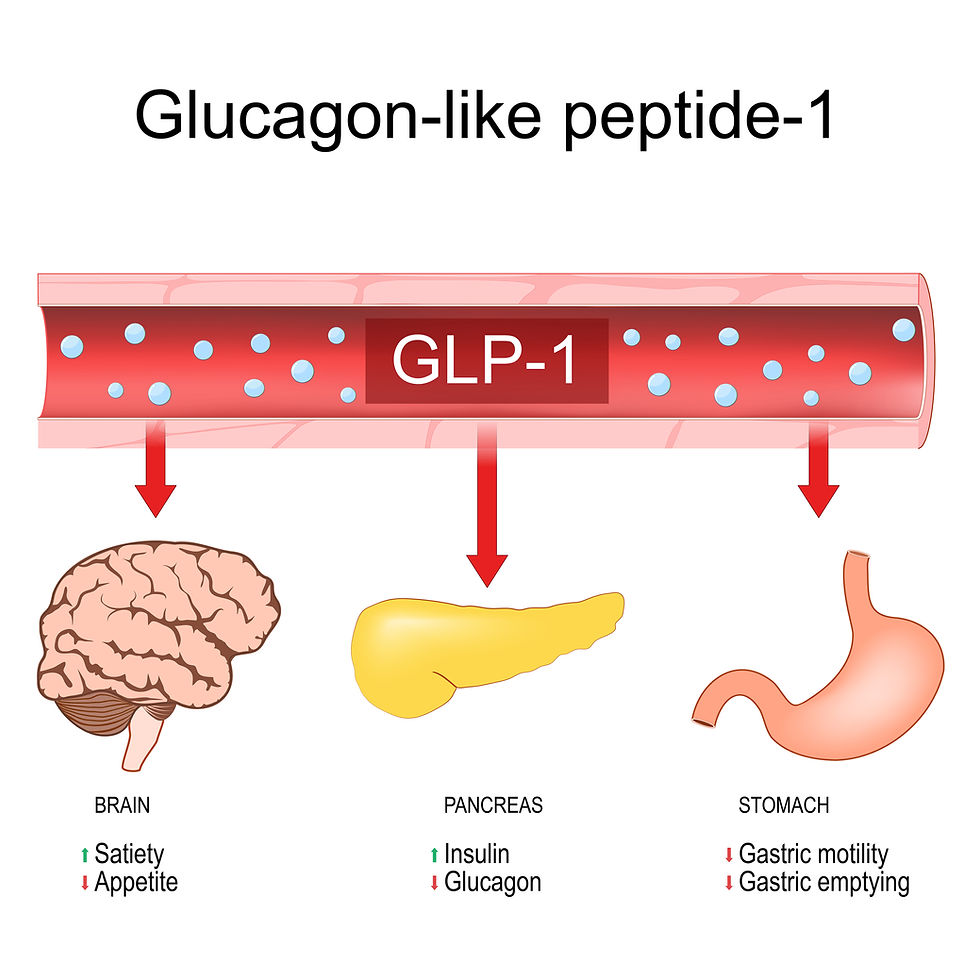Some super plant based protein sources to ramp up your diet!
- Julie Hodgson
- Jan 7, 2020
- 3 min read
Updated: Feb 7, 2021

Whether you are trying out veganuary or not it can be beneficial to include plant based protein in your diet to help reduce the amount of meat you eat, or benefit from the extra fibre and nutrients.
If you are trying out vegansim it's important to ensure you cover all bases and get all your nutrient requirements. Plant based or vegansim does not automatically mean a healthy balanced diet. You need to be conscious of ensuring your diet contains everything to function properly, which can be difficult.
If you do eat meat, adding in more plant based sources to your diet is a great way to ramp up your nutrient consumption.
Ensuring you are getting adequate protein at each meal applies to both meat eaters and vegans/vegetarians with good sources including; nuts, seeds, their butters, tahini, quinoa, powders such as pea powder, tofu, tempeh, pulses (lentils, chickpeas, beans). I've detailed some of my favourites below.
Lots of plant foods are high in protein but if you don't eat meat you need to make sure you are getting 'complete' proteins. So proteins that contain all nine essential amino acids - essential because the body is unable to make them.
If you are vegetarian you can obtain these from eggs and diary but vegans need to eat a combination of plant based protein sources.
Also if you are going vegan, although you are likely to be getting a good amount of nutrients such as folate, vitamin C, and fibre, you may struggle to include other nutrients such as Vitamin B12, vitamin A, D, zinc, absorbable iron, and omega 3s. You might want to think about supplementation and check out which foods contain these nutrients and how you can maximise their absorption .i.e soaking or sprouting grains or eating vitamin c rich foods with foods rich in iron.
The following are some of my favourite plant based protein sources;
Pea protein
Pea protein is made from dried and ground up yellow split peas. You'll find it in a powder which you can add to smoothies, porridge or yoghurt. I often add it to my frozen fruit in the morning. Although its not a complete protein it does contain around 5g of protein per 100g and also contains other nutrients such as fibre.
Quinoa
I love quinoa. Actually a seed it has a really nutty taste and is also a complete protein. Its also gluten free, and can be used instead of rice, added to salads or you can cook it with milk to make a quinoa porridge which is delicious! You cook it similar to rice by simmering it in a pan.
Chia
Another complete protein Chia seeds are a great addition to smoothies, or porridge for a bit extra fibre and protein. Just add to the smoothies along with extra fluid or to the oats when your are cooking porridge. They can also be used for baking i.e add to flapjacks or to make cookies, and they make a lovely chia pudding if you just soak them in milk and cocoa powder over night. Although I know some people that eat them as they are I prefer them soaked when they have a gelatinous texture. They are also very soothing for the digestive system.
Tempeh
A by-product of soya tempeh is high in protein and fermented so is easy on the digestive system and provides some good bacteria to your gut. It can be used or cooked like meat i.e grilled, fried or in stews and has a dense texture and nutty taste. It's also high in fibre and iron, and is a better quality food than a lot of other meat alternatives. As it's a by product of soya if you are allergic to soya or have an underachieve thyroid you should avoid this one.
Any questions about the above, or anything at all don't hesitate to get in touch.
Julie x

My 12 week health & vibrancy programme includes 12 weeks of 1-2-1 health and wellbeing coaching, regular consultations, and weekly coaching and Q & A sessions, to help you Stop Wishing and Start Doing. Click on the picture for more information





Comments